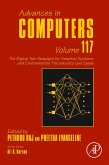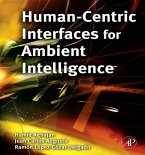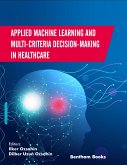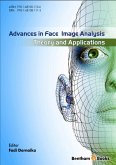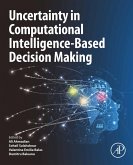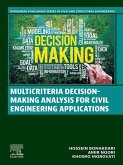The book introduces readers to the basics of a clinical decision support system. This is followed by chapters that explain how to analyze healthcare data for anomaly detection and clinical correlations. The next two sections cover machine learning techniques for object detection and a case study for hemorrhage detection. These sections aim to expand the understanding of simple and advanced neural networks in health informatics. The authors also explore how machine learning model choices based on context can assist medical professionals in different scenarios.
Key Features
Reader-friendly format with clear headings, introductions and summaries in each chapter
Detailed references for readers who want to conduct further research
Expert contributors providing authoritative knowledge on machine learning techniques and human-centric wellness
Practical applications of data science in healthcare designed to solve problems and enhance patient wellbeing
Deep learning use cases for different medical conditions including hemorrhages, gallbladder stones and diabetic retinopathy
Demonstrations of fast and efficient CNN models with varying parameters such as Single shot detector, R-CNN, Mask R-CNN, modified contrast enhancement and improved LSTM models.
This reference is intended as a primary resource for professionals, researchers, software developers and technicians working in healthcare informatics systems and medical diagnostics. It also serves as a supplementary resource for learners in bioinformatics, biomedical engineering and medical informatics programs and anyone who requires technical knowledge about algorithms in medical decision support systems.
Readership
Healthcare professionals, software developers, engineers, diagnostic technicians, students, academicians and machine learning enthusiasts.
Dieser Download kann aus rechtlichen Gründen nur mit Rechnungsadresse in A, B, BG, CY, CZ, D, DK, EW, E, FIN, F, GR, H, IRL, I, LT, L, LR, M, NL, PL, P, R, S, SLO, SK ausgeliefert werden.



